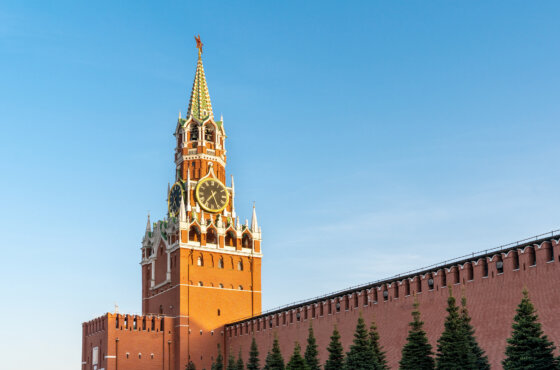In Russia, the church will be engaged in food import substitution
Russian monasteries are ready to increase the amount of food produced in their farms, they have already begun to grow more vegetables and grains, grow fish and have made their cheeses richer - including mozzarella, cacotta and ricotta. Part of the farms are planning to enter the retail chains and deliver products to Moscow, St. Petersburg and other Russian cities.
As the deputy chairman of the Synodal Department for Church and Society of the Russian Orthodox Church (ROC), Roman Bagdasarov, said, the tradition of feeding people in difficult times is reviving in monasteries - monastic farms are ready to contribute to import substitution and can increase it over time.
“We need a retailer to come and say that he wants to start selling a line of Orthodox products - from milk to glazed cheese curds. Monastic farms can do this. But they themselves will not be involved in promoting the product to the market, because this is not in their competence. In the meantime, farms that are not used to working in a large market are focusing primarily on the needs of local residents,” Bagdasarov said.
He added that farms at monasteries can also supply non-food items.
“For example, these could be Orthodox interiors - so that people have the opportunity to purchase furniture made from us - cheaper and in keeping with traditions, and not just Italian or German,” he noted.
Managing partner of Management Development Group Dmitry Potapenko believes that no network will be able to interest monastic products.
“To God what is God’s, to Caesar what is Caesar’s,” he said. “It’s like putting forged bolts on cars in a car factory.” Networks are, in fact, factories, and manufacturers, who are also like factories, and not small shops, should work with them. The monastery will not supply its products to the network with 20-ton trucks.”
It all started with the fact that Russia in August 2014, imposed an embargo on the import of products food from the countries that imposed sanctions on it because of the annexation of the Crimea and the conflict in eastern Ukraine.
In accordance with by decree of the Russian president Vladimir Putin, 6 August in Russia began to destroy the forbidden to import food. In one day only destroyed over three hundred tons of banned products.
More than three hundred thousand Russians have already protested over the destruction of fresh produce and have supported the transfer of them to citizens in need, by signing petition “Why should we destroy fresh European products that can feed veterans, pensioners, the disabled, large families, affected by natural disasters and others in need, ”the petition said.
However, Dmitry Peskov, a spokesman for the Russian president, said that the authenticity of the signatures on the petition has not yet been verified, and the law itself has an exceptional goal: to stop smuggling, protect the economic interests of the country and, most importantly, it is a concern for the health of its citizens.
Subscribe to ForumDaily on Google News










